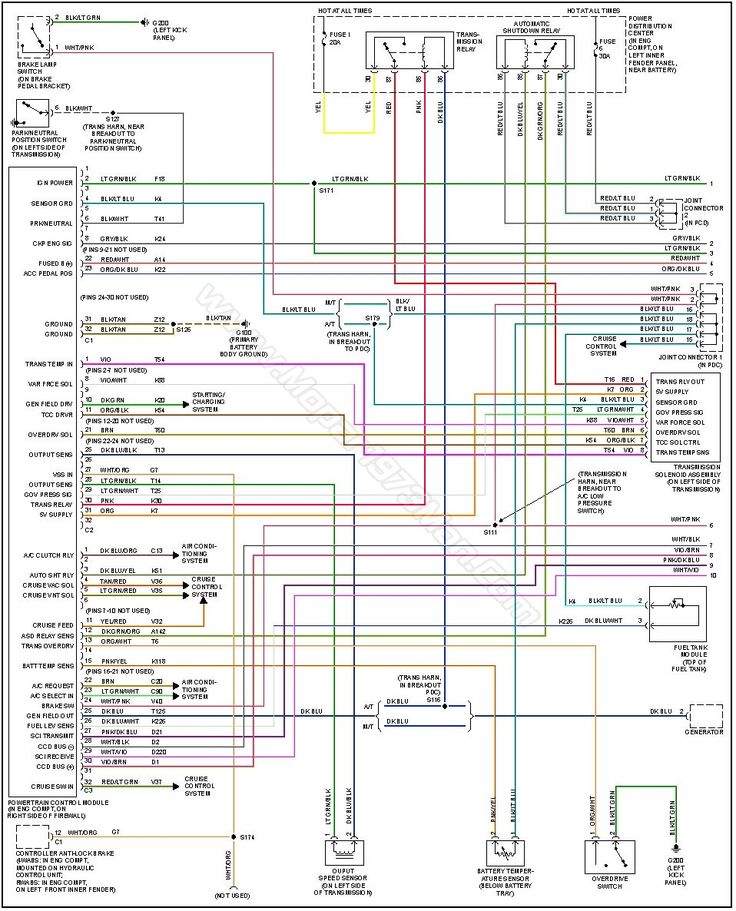Locating a reliable 2001 Dodge Ram radio wiring diagram requires accessing trusted technical resources. Here's how to find and use them effectively:
Accessing Factory Information
Your best source is the Factory Service Manual (FSM):
- Dodge TechAuthority: Official service documentation can be purchased directly. Search for "2001 Dodge Ram Service Manual" or "Dodge TechAuthority" online.
- Reputable Manual Sites: Several established online auto manual repositories offer FSMs. Look for well-known vendors.
Utilizing Automotive Communities & Databases
Several free community and technical sources exist:

- Dedicated Dodge Forums: Search active forums like DodgeTalk, RamForum, or Cummins Forum. Members often share technical documents.
- Vehicle-Specific Databases: Websites focusing on automotive wiring data frequently catalog schematics. Search terms like "2001 Dodge Ram 1500/2500/3500 radio wire diagram".
- General Wiring Resources: Standardized color code guides exist, but confirm vehicle specifics. Common codes for Dodge around 2001 include:
Understanding Wire Colors & Functions (Typical)
Diagrams detail wire location and color. Here's a common interpretation (VERIFY with your diagram):
- Constant 12V+: Typically Red or Red/White
- Switched 12V+ (Ignition/Accessory): Often Pink or Pink/Black
- Ground: Always Black or Black/Tan
- Power Antenna: Usually Blue or Blue/White
- Illumination/Dimmer: Commonly Orange or Orange/White
- Speaker Wires: Pairs with varying colors (e.g., Front Left: Tan +/-, Front Right: Gray +/-, etc.) - stripes denote negative.
Critical Safety Precautions
Before starting any wiring work:
- DISCONNECT NEGATIVE BATTERY TERMINAL: Prevents shorts and electrical damage.
- VERIFY DIAGRAMS: Cross-reference colors and functions using multimeter testing (power, ground, continuity). Factory diagrams are most accurate.
- Beware Airbag Wires: Yellow connectors often indicate SRS (Airbag) components. DO NOT probe or cut these wires.
- Use Proper Tools: Employ solder and heat shrink or quality crimp connectors, not electrical tape alone.
Finding a reliable diagram involves checking official channels, established automotive communities, and specialized databases. Always test wires with a multimeter before making connections.
